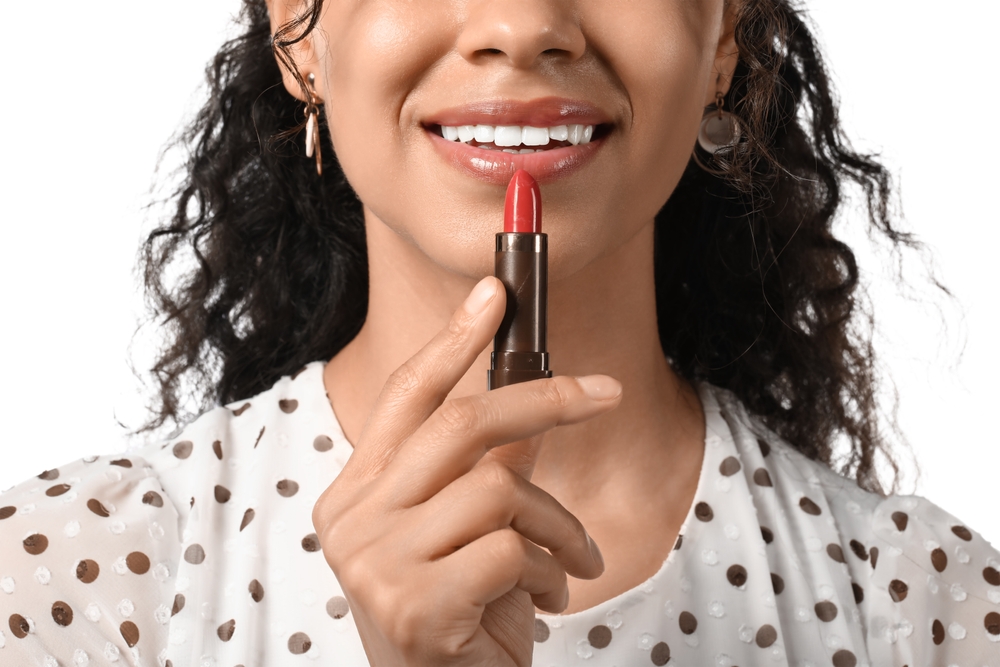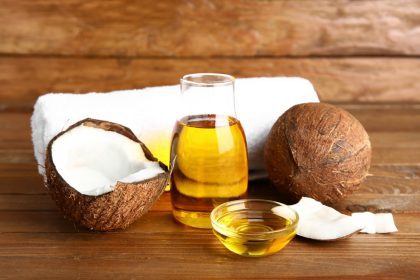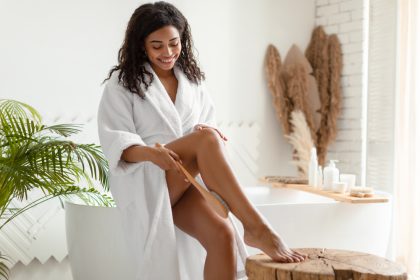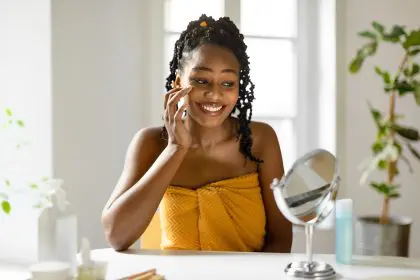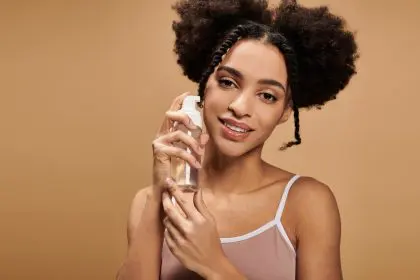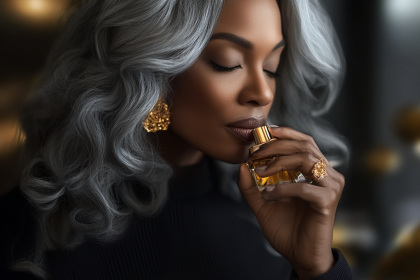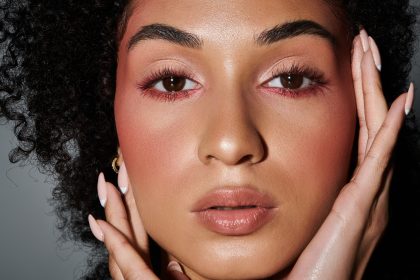Let’s be real — our lips go through it. From the harsh winter winds that leave them cracked to the summer sun that dries them out, our poor lips take a beating year-round. And as we get older? Well, things don’t exactly get easier. But here’s the thing: you don’t have to accept chapped, lackluster lips as your fate.
Turns out, there are some seriously game-changing strategies that can keep your lips looking plump, soft, and totally kissable no matter what age you are. We’re talking about simple tricks that’ll have you wondering why you didn’t start doing them sooner.
The science behind aging lips
Before we dive into the good stuff, let’s talk about what’s actually happening to your lips as you age. Unlike the rest of your skin, your lips don’t have oil glands to keep them naturally moisturized. Plus, as we get older, our bodies produce less collagen and elastin — the proteins responsible for keeping our skin plump and bouncy.
Blood circulation to the lip area also decreases over time, which means less natural color and fullness. Add in years of environmental damage from sun exposure and free radicals, and it’s no wonder our lips start looking a little worse for wear.
But don’t panic! Understanding what’s happening is the first step to fighting back.
Game-changing exfoliation techniques
Sugar scrubs aren’t just for your body
One of the easiest ways to instantly improve your lips is through regular exfoliation. Dead skin cells build up on your lips just like they do everywhere else, creating that rough, flaky texture nobody wants.
You can grab a soft-bristled toothbrush and gently buff away dead skin, or get creative with a DIY scrub. Mix brown sugar with honey or coconut oil for a natural exfoliant that’ll leave your lips baby-soft. The key is consistency — aim for once or twice a week, but don’t overdo it. Your lips are delicate, and too much scrubbing can actually make things worse.
The massage method that actually works
Here’s something most people don’t know: massaging your lips can make a huge difference in how they look and feel. When you stimulate blood flow to the area, you’re essentially giving your lips a natural plumping treatment.
Try mixing a tiny drop of peppermint oil with a carrier oil like jojoba or sweet almond oil. Use your fingertips to massage your lips in small circular motions for about 30 seconds. The peppermint creates a gentle tingling sensation that boosts circulation, while the carrier oil provides moisture.
Hydration strategies that go beyond lip balm
The inside-out approach
Everyone knows you should drink water, but when it comes to lip health, hydration is absolutely critical. Since your lips can’t produce their own moisture, they depend entirely on what you’re putting into your body.
Aim for at least eight glasses of water daily, but don’t stop there. Foods with high water content — like watermelon, cucumbers, and oranges — can boost your hydration levels even more. And here’s a pro tip: if your urine is dark yellow, you’re probably not drinking enough water, and your lips are likely suffering for it.
Smart lip balm choices
Not all lip balms are created equal. Some actually make things worse by creating a cycle of dependence or containing ingredients that dry out your lips over time.
Look for balms with ingredients like hyaluronic acid, ceramides, and natural oils. Avoid anything with menthol, camphor, or phenol — these might feel tingly and refreshing, but they’re actually drying out your lips in the long run.
Nutritional powerhouses for lip health
Collagen isn’t just a buzzword
Collagen supplements have exploded in popularity, and for good reason. This protein is essential for maintaining skin elasticity and plumpness, including in your lips. While your body naturally produces collagen, production starts declining in your 20s.
You can boost collagen through supplements, but don’t overlook food sources. Bone broth, fish, chicken, and egg whites are all collagen-rich options. Vitamin C also plays a crucial role in collagen synthesis, so load up on citrus fruits, berries, and leafy greens.
The vitamin connection
Speaking of vitamins, certain nutrients are particularly important for lip health. Vitamin E acts as an antioxidant, protecting your lips from environmental damage. You’ll find it in nuts, seeds, and avocados.
B vitamins, especially B2 and B12, are crucial for preventing cracks and maintaining healthy lip tissue. If you’re vegetarian or vegan, you might need to pay extra attention to B12 intake through supplements or fortified foods.
Sun protection secrets
SPF isn’t optional
Your lips are just as susceptible to sun damage as the rest of your skin, but they’re often forgotten when it comes to sun protection. UV rays break down collagen and elastin, leading to premature aging and increased risk of skin cancer.
Invest in a good lip balm with at least SPF 15, but SPF 30 is even better. Look for broad-spectrum protection that shields against both UVA and UVB rays. And don’t forget to reapply throughout the day, especially if you’re eating or drinking.
Natural remedies that actually deliver
Overnight treatments for maximum impact
While you sleep, your body goes into repair mode, making nighttime the perfect opportunity for intensive lip treatments. Aloe vera gel mixed with a small amount of honey creates a powerful overnight mask that hydrates and heals.
Another winning combination is avocado oil mixed with a drop of calendula oil. Avocado oil is packed with healthy fats and vitamins, while calendula has anti-inflammatory properties that soothe irritated skin.
The bottom line? Your lips deserve the same attention you give the rest of your skincare routine. With these strategies, you can keep them looking amazing for years to come.

